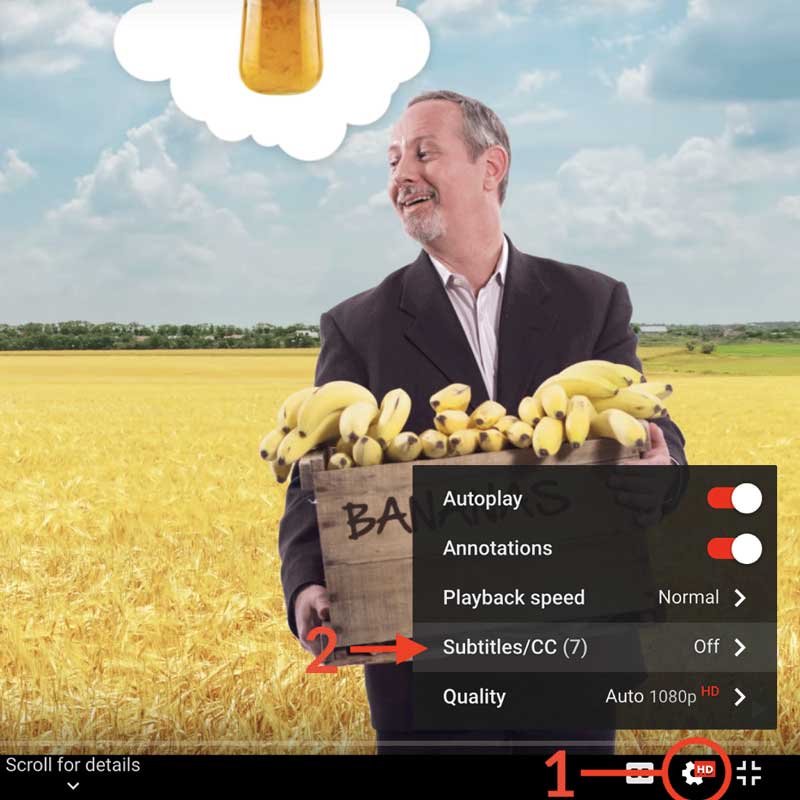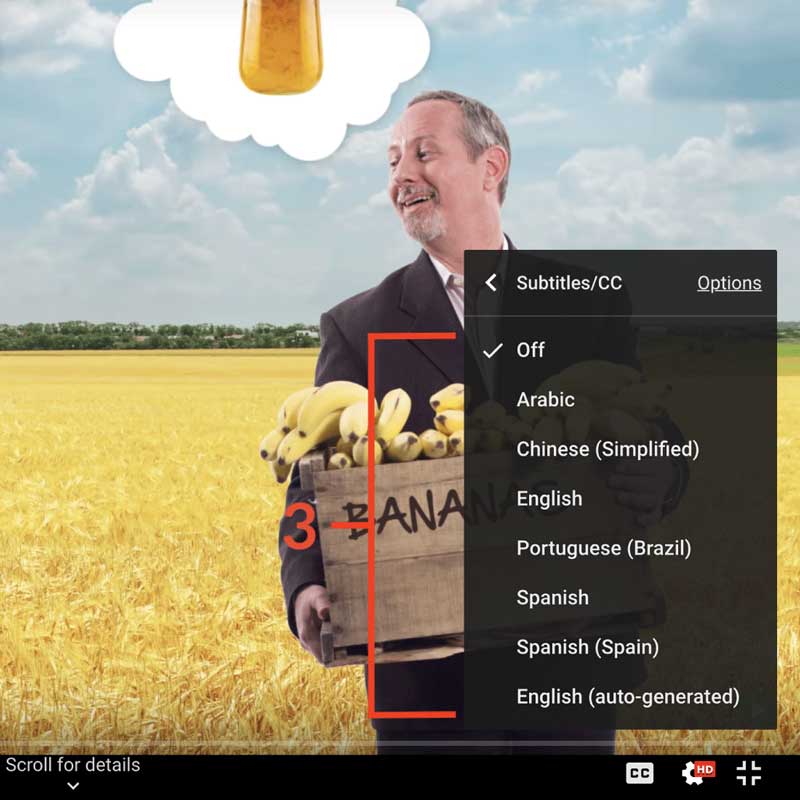Fair Trade: Does It Help Poor Workers?
Course Outline
Fair Trade: Does It Help Poor Workers?
Elizabeth, an Everyday Economics viewer, asks: “How does the purchase of fair-trade goods affect wages in developing countries?”
Great question! The “fair trade” movement has become popular as a proposed way to increase living standards in developing countries. In this video, we look at whether fair trade does just that.
For a good to be considered “fair trade” it must meet various requirements developed by a handful of fair trade organizations. In the developing world, who is better positioned to meet these fair trade requirements — large producers in wealthier countries or small producers in poorer countries? To answer this question, we take a look at the the example of fair trade coffee produced in both Costa Rica and Ethiopia. How does fair trade affect wages and overall quality of life in those countries?
And, if fair trade isn’t the best way to improve living standards in developing countries, how else can we maximize employment options and well-being for poor workers? This question is at the core of an entire branch of economics — Development Economics. To learn more, check out MRU’s Development Economics course.
Teacher Resources
Transcript
As part of Everyday Economics, we asked you to tell us what topics you want us to cover. You voted, and from this last round, the second most popular suggestion comes from Elizabeth, who asks, "How does the purchase of fair trade goods affect wages in developing countries?" It's an excellent question. Fair trade is one of several types of activities aimed at increasing living standards in the poorest countries. So let's step back to discuss these issues broadly. Most importantly, it's worthwhile to remember that, although working conditions in poor countries are distressing from a Western vantage point, the jobs that we find objectionable are voluntarily chosen by the workers in those countries. That awful factory job is the best available option for that person. When that job disappears, then that poor peasant must take his second best option, a job that he judged to be worse than the awful factory job. While we might the working conditions intolerable, that's because we now have better options. If our goal is to help that worker, we surely don't want to destroy that job. That said, let's look at fair trade.
To use the fair trade label, one must comply with the standards and certification requirements of one of a handful of fair trade organizations. Importantly, large producers and producers in more wealthy countries are better equipped than smaller producers to meet fair trade requirements. For example, fair trade coffee comes from relatively wealthy countries like Costa Rica, as opposed to from the poorest of the poor countries like Ethiopia. So by choosing fair trade coffee, you choose not to buy from the poorest producers. Is that fair? How about the workers who are able to produce fair trade coffee. Do their wages improve? Studies so far show no conclusive evidence that fair trade workers receive any higher wages. These studies find that retailers capture most of the extra money paid for fair trade coffee. So to answer the question. Fair trade lowers the demand for coffee produced by the poorest workers, and so it forces many of these workers into jobs that are worse than the ones that they'd have without fair trade, and for those workers who can thus produce fair trade coffee, the extra money doesn't get back to them via the supply chain. So what can help poor workers?
First, competition, for labor is key to increasing wages. So rather than shrinking employment options, which is what fair trade policies do, it would make sense for us, instead, to call for practices that maximize employment options for poor workers. Of course, no employer will pay any worker more than the value that that worker can produce. So, while competition is necessary, increasing worker productivity is the main path to high and rising wages. And how do we do that? Answering that question is part of an entire branch of economics, Development Economics, that explores why some countries are rich while others remain poor.
Check out our MRU course on that topic to learn more. Until then, please continue to send us suggestions on what other questions you'd like answered and vote on your favorites here. Here's the current leader-board. Go vote and tell us what topics you want covered next.
Subtitles
- English
- Spanish
- Chinese
Thanks to our awesome community of subtitle contributors, individual videos in this course might have additional languages. More info below on how to see which languages are available (and how to contribute more!).
How to turn on captions and select a language:
- Click the settings icon (⚙) at the bottom of the video screen.
- Click Subtitles/CC.
- Select a language.


Contribute Translations!
Join the team and help us provide world-class economics education to everyone, everywhere for free! You can also reach out to us at [email protected] for more info.
Submit subtitles
Accessibility
We aim to make our content accessible to users around the world with varying needs and circumstances.
Currently we provide:
- A website built to the W3C Web Accessibility standards
- Subtitles and transcripts for our most popular content
- Video files for download
Are we missing something? Please let us know at [email protected]
Creative Commons

This work is licensed under a Creative Commons Attribution-NoDerivatives 4.0 International License.
The third party material as seen in this video is subject to third party copyright and is used here pursuant
to the fair use doctrine as stipulated in Section 107 of the Copyright Act. We grant no rights and make no
warranties with regard to the third party material depicted in the video and your use of this video may
require additional clearances and licenses. We advise consulting with clearance counsel before relying
on the fair use doctrine.


